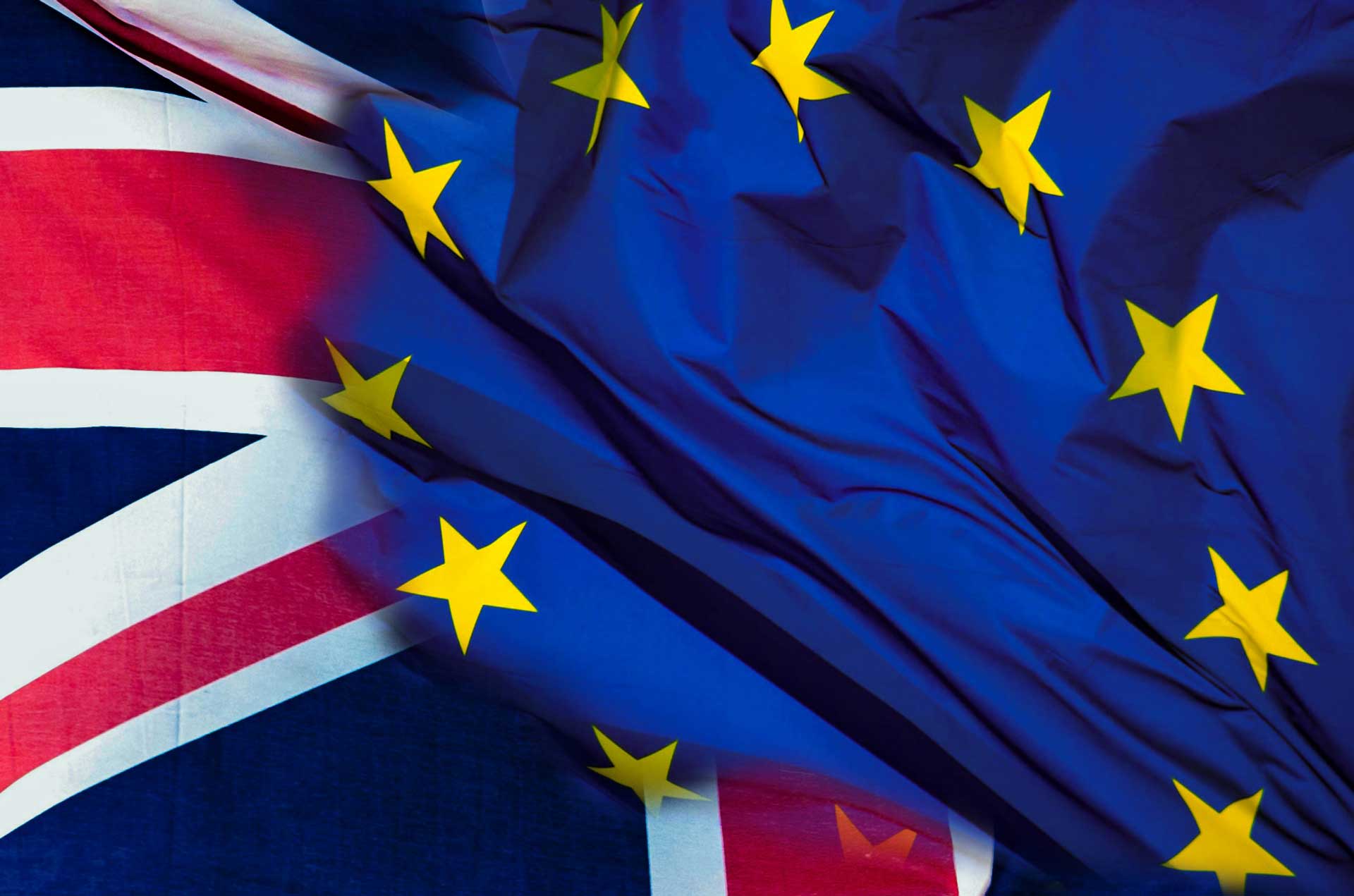Last week the talks between the UK and European Union taught us a lot about Brexit: the Brits do not need any negotiating notes, we’ll pay a divorce bill, we know a lot of detail about Euratom.
We also know that the public is as divided as ever. And we see that ‘Brexit means Brexit’ looks more and more like staying in the EU: immigration, EU laws, agricultural subsidies, access of EU fishing fleets, customs union and the single market will continue after Brexit.
Or continue they will not. Depends on who you listen to. Take the ever-returning question of single market and customs union. “The EU could create a free trade deal with the UK tomorrow if they wanted” Gainsborough Conservative MP Sir Edward Leigh claimed.
Sir Edward’s position seems to be: “The EU giveth and the EU taketh”. UK active participation is reduced to accept what is on offer or walk away.
By contrast, Nick Boles suggests leaving the EU but not yet. We will “start our new life as a fully independent nation” in March 2022.
Both opinions reflect the fact that we voted for Brexit, but don’t have a plan of what we want. The concept of signing no-tariffs, free trade agreements across the whole world is bonkers.
No country has it and even if we somehow managed it, how long would the Trump administration allow the UK to re-export tariff free cheap Chinese steel to the US, also tariff free? How long before France would block ‘zero tariff’ Australian lamb entering the EU markets?
Without a plan we cannot do cost-benefit analysis of how much we will gain and what we will lose through Brexit.
And perhaps we do not have time to do it now anyway: March 2019 might be 19 months away, deduct three months for ratification, two months for lawyers to draft the agreement, summer recess, Christmas breaks and you have 12 months at most to reach an agreement.
The UK must come up with a firm plan for Brexit fast. Now.
Otherwise, with no agreement even within the government, it looks increasingly likely that by March 2019 we will either stay in
(concealed as an adjustment period) or we will leave altogether with no agreement.
How can we decide which is the best deal for Britain?
Easy. Do Brexit now. Hard, Full Monty Brexit. Stop speculating about the queues of lorries at Dover after Brexit.
Search each lorry now for 30 minutes (or whatever it takes to carry border checks).
Then we will see how fast the queues will form and how long they will be. Ditto for passenger controls at airports and borders. Close the Irish border.
The incoming holiday season gives us the best time to test the impact of withdrawal from the EU open skies deal.
Will we manage without EU workers? Ask each employer to give every EU employee three weeks of holidays and send the workers home.
Importers can put up prices by 15% for a month… and then report on the results of each action.
Any issue in Brexit negotiations, be it access to the EU markets, supply chains, even Euro clearing system, can be suspended for a time.
The tests will end the arguments – we will not speculate what ‘might’ happen.
We will know what has happened. Before an EU summit in late October our testing will be completed and we will know what is the best: #Brexit or #noBrexit.







